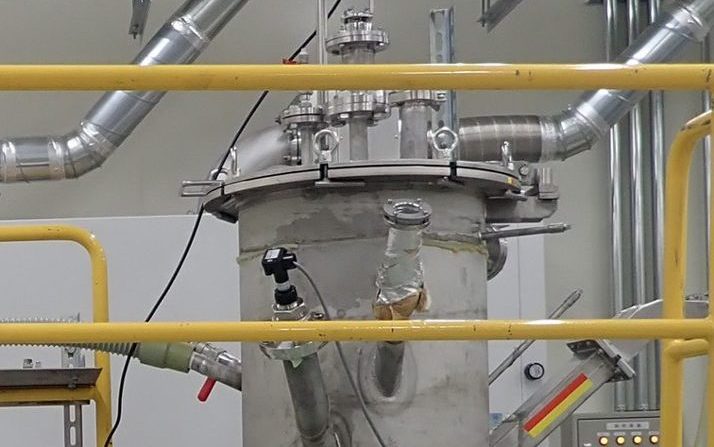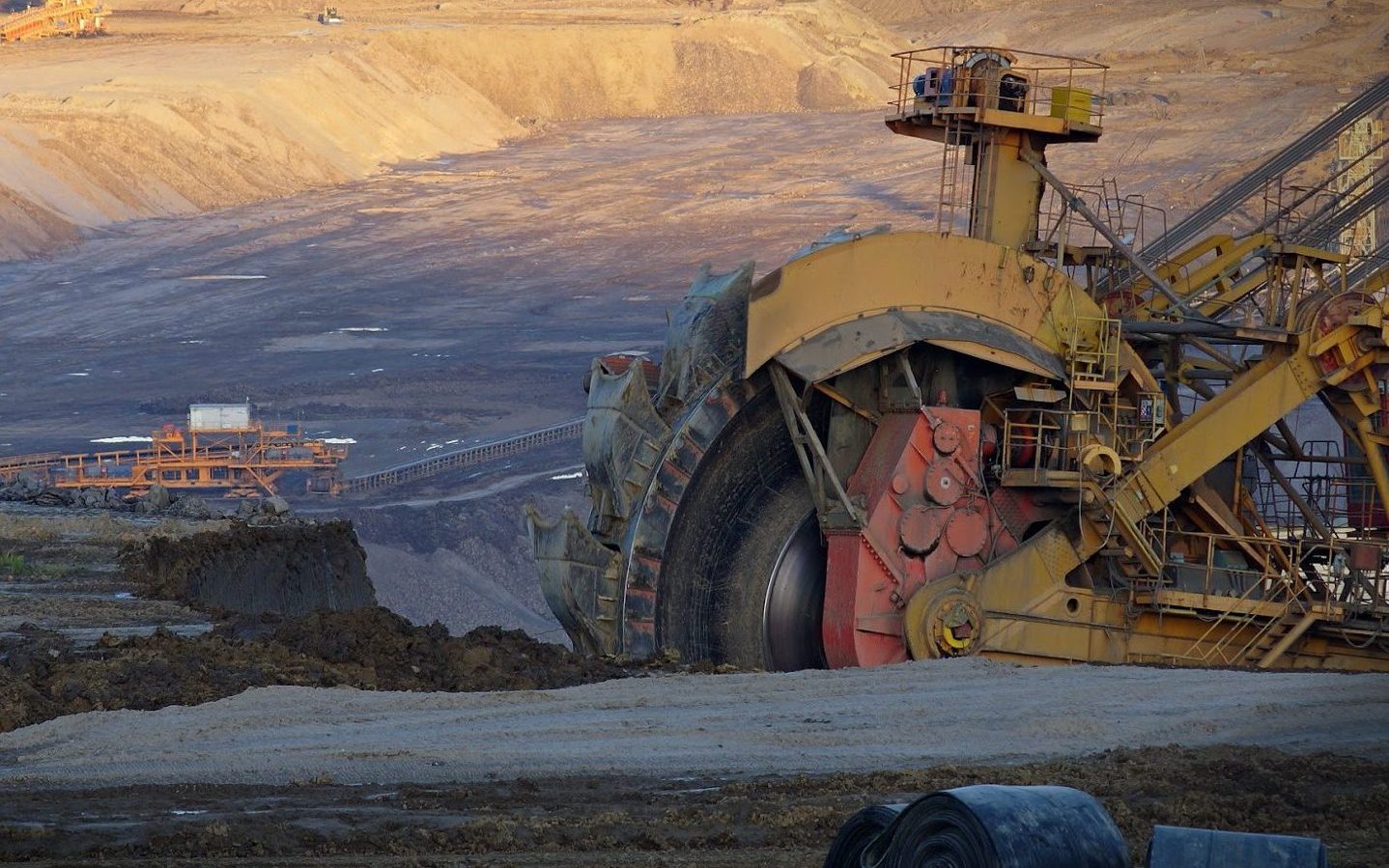Contributing to carbon neutrality in energy-intensive mining
Energy-saving rare metal smelting technology development project with National Institutes for Quantum Science and Technology

-
Industry:MiningEnvironment
-
Processes:Refining and extracting

Background
An innovative rare metal smelting process using microwave heating was
introduced to mining operations, where the move toward
carbon neutrality is greatly needed
Since the late 2010s, electric vehicle (EV) market penetration has increased and the market of EVs is growing worldwide, leading to an increased demand for lithium, which in turn has led to rising prices.
The two main methods of producing lithium are: from salt water in salt lakes and mining.
Lithium in ore exists in the form of lithium oxide (Li2O), with the grade (concentration) of lithium oxide in ore being extremely low, at around 1%. Extracting lithium from such low-grade ore often requires heating it to 1000°C and above, which in turn leads to high energy consumption and CO2 emissions
To solve both problems at once, the National Institutes for Quantum Science and Technology (QST) embarked on research into energy-saving rare metal smelting technology.
QST’s research began with beryllium, which acts as the energy source for fusion reactors.
Where conventional processes required high-temperature heating to 2000°C, QST attempted to combine microwave heating and chemical treatment and discovered that they could treat materials at 250°C.
However, this research only produced a few grams. In order to smelt tons of material and give it practical applications, it would be necessary to scale up the microwave technology.
The significance of using microwaves
A game-changing process was invented,
fundamentally changing the conventional smelting process
The energy-saving rare metal smelting technology developed by QST is nothing short of revolutionary. This technology not only reduces the required energy by about 80% compared to conventional methods but reduces CO2 emissions.
Scaling up this microwave technology requires great expertise, specifically in terms of measuring and analyzing the microwave absorption rate of target minerals, and the appropriate design of the microwave distribution in the reactor.
QST approached MWCC who developed commercial reactors with scalable microwave technology. This would be the beginning of a joint development between QST and MWCC for practical applications.
Development story
Creating core technology
for Japan and technology that drives society
Beryllium smelting started as a fundamental technology for Japan. However, it was also important to incorporate the technology acquired from this project into society so as to save energy, reduce CO2 emissions and stimulate the economy.
To this end, plans were laid out to develop and deploy technologies for smelting various rare metals and dissolving and processing compounds.
In 2021, MWCC and QST co-signed a joint research agreement to implement energy-saving smelting technologies for various rare metals into society, with the aim of bringing the plant to commercial activity in 2028.
It is estimated that investment in plant equipment and operating costs can be reduced by 70-80% compared to conventional technologies, and that use of renewable energy could reduce CO2 emissions by 95% or more.

Social impact
Aiming to reduce CO2 emissions
from mines around the world
The first commercial plant will target lithium. With their high demand for lithium, automotive and IT manufacturers are aiming for carbon neutrality in their entire supply chain.
In the near future, the value of lithium produced in a carbon-neutral environment is set to increase even further and our development achievements will support a decarbonized society. Beyond that, we plan to develop plants for iron ore and other minerals. We also hope to propose and introduce these plants to major resource and mining companies around the world.
If we can introduce this technology to the steel industry – the highest CO2 emissions industry – we will have made a major impact towards achieving carbon neutrality on a global scale.
“Solving environmental problems through business”- The aspirations of the company’s founder, Yoshino, may well take shape on a larger scale in years to come.
